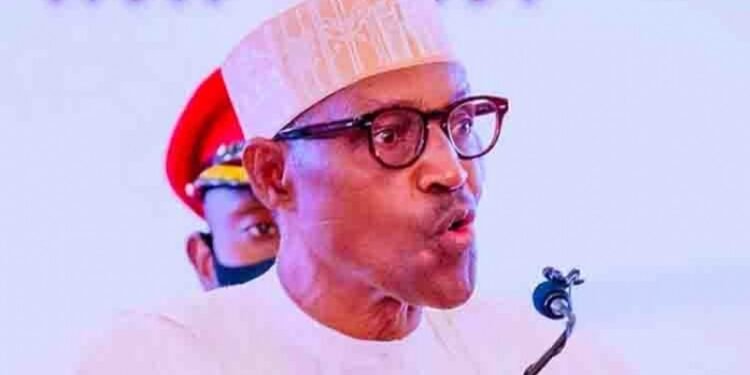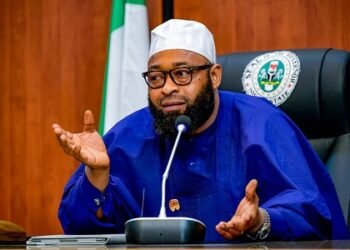The Presidency has said security plans are being executed to contain violence in some Southeast states.
Speaking about Federal Government’s plan to tackle insecurity in the region in an exclusive chat with The Nation in Abuja on Sunday, the Senior Special Assistant to the President on Media and Publicity, Mallam Garba Shehu, said the government was approaching the Southeast violence with a two-pronged plan.
He said the sort of approach being applied in the Kaduna/Niger states axis was being structured for the Southeast and Southsouth, adding that it would be kinetic and non-kinetic (military and non-military).
“The same things that have been put in place for Kaduna/Niger axis, the Southeast/South-South are also being focused upon. The focus on what to do, we are hoping that will come shortly because President Muhammadu Buhari is planning a meeting with some of the governors who have spoken at the meeting of the Council of States and have brought a great deal of details concerning goings on in that region.
“It will be contained and efforts are both kinetic and non-kinetic. The governors are already showing leadership. In Imo State, Ebonyi, even the new governor of Anambra State, you can see he’s very proactive in what they’re doing. So hopefully we’re going to see results coming very shortly,” he said.
Responding to the condemnations and other negative opinions that have trailed the reported presidential pardon being granted to two former governors, Joshua Dariye of Plateau and Jolly Nyame of Taraba, the Presidency said both men had not gone unpunished.
Shehu said besides the fact that the decision was taken under constitutional guidance, both men were eligible to any privilege meant for Nigerians in that category, adding, however, that the pardon could only set them free from incarceration; it could not remove the shame of conviction from them.
“Section 175 of the Constitution gives power to the President to give clemency, to give pardon, to grant respite, by consulting the National Council of State. The National Council of State is composed of all past heads of state, all chief justices of Nigeria, serving and retired, all Senate presidents, the speaker, the governors of the entire states of the federation and the FCT minister.
“These people came and approved this and supported the President in doing this. Nobody should say they don’t have conscience, it is precisely because they have conscience that one man who had been jailed for 120 years for stealing billions of Naira was recommended to be discharged on the basis of ill health, barely six months into his term and they said no, this cannot be. That is setting bad example. But the rules and regulations are very clear. President can consider pardon on the basis of ill-health, old age and many other considerations.”










